|
When to prepare for college application?
I have been in College preparation service for many years and I noticed that about the half of the students were already in or about to enter 11th grade when they first contacted my college prep workplace. Since about quarter of the students were in or about to enter 10th grade when they first contacted my workplace, there seems to be sort of exponential decrease associated with time of their contact and amount of time left for college preparation. Sadly, this means more than 75% of the students had contacted us a little too late to fully prepare for studying in the college. For reasons I will write below, the best time to start preparing for college is not 11th, not 10th, not even 9th, but 8th grade. If you are already 9th grade, you really need some help in order to catch up to your competitors. While people talk a lot of college applications, the real focus should be college preparation, and this isn’t a mere lip-service to public education. All the data suggest that only about half the students are able to graduate from college within 4 years, and some are able to only because colleges aggressively intervened to boost freshman and sophomore’s academic competency. The main reason is that most 6th to 12th grade class can’t give students sufficient time for them to master many difficult concepts and questions you might run into, and many are amazed how difficult a problem can be even though you can solve it with knowledge you obtained before 9th grade. Many schools struggle to find the right balance between instilling creativity and ability to tackle very hard questions, and often what lose out is the opportunity to experience very tough questions that requires lengthy derivation and explanations. This is why many colleges wants to see SAT subject test scores and AP scores, hoping high scores in these standardized test means the student had adequate exposures to complicated time consuming questions in the subject. Note that in the last paragraph, I wrote that colleges want to see the score. The college application deadline is at about half-way point for the senior years. You CANNOT send 12th grade AP scores to college for them to consider it, because you will have the AP Exam long after knowing which college accepted or rejected you. The students must seek to finish all the important AP by the end of 11th grade, or have something equivalent for it. Here another difficulty arises because most prestigious school’s STEM departments really loves students that received a “5” in AP Calculus BC . Science and Engineering majors would love it even more if the student received a “5” in AP Physics C . The trouble is, these are sort of “highest tier” AP, that is AP courses that builds up on another AP courses. The student must have a plan in place by the time they select their 10th grade classes in order to complete these AP courses by 11th grade, or if that isn’t possible, identify and pursue alternatives that will earn them recognition similar to receiving a “5” in these AP courses. The best alternative is taking Calculus or Physics classes in nearby universities and receiving an “A” in it. You run into interesting irony of partially attending a college in order to fully attend the college. Liberal Arts major also has AP classes that is of particular interest to them, and it will take very careful planning and some arm wrangling of school officials in order to finish it by 11th grade. For many, it may be hard to do the AP classes or classes in college for various reasons. Then, the student must pursue as many SAT subject tests as possible, hoping to impress college admission officials with deluge of good test scores. The best time to start taking SAT subject tests is actually 9th grade, since there is good overlap of SAT subject test materials, and contents in classes students will take at 9th grade. It is impossible to take all the SAT subject tests, so the students have to have a plan by the time they enter 9th grade. This is why students need to start preparing from 8th grade. For 75% of the students I worked with, they have to overcome the fact that they are at least a year behind in college preparations compared to many other students interested in the same school they are. Now, how about even earlier, like 7th grade? At this point, you have to wonder whether it may be too early. Young people needs to experience lots of things, and often don’t have enough knowledge to make good decision about themselves. Up to 7th grade, it is best to give the students as diverse an experience as possible, and make sure there isn’t any noticeable deficit in skill and knowledge in math, language, and science. When the student enters 8th grade, he will need to make a decision that will shape his future, and it is better he can do this after having as varied an experience as possible. What should the student do at 8th grade? There is one thing that is of most importance at this time: Deciding what the student will major in. Some might wonder about students wanting to change their majors after entering college. What student should do is have a primary plan and a backup plan in case he wants to change his major. If a student wants to be a medical doctor, but is also interested in history, he should consider becoming a pre-med student as a history major. Being a math major at the beginning can be a great choice because it isn’t too hard to switch from being a math major to an engineering major. Some switches are harder, like switching from English literature major to Physics major, so it might be better for students to aim for being physics major and get as much English Literature in as time allow in case switch is desired. It is possible for a student to come up with a plan for his study in college that has flexibility built into it, but this is possible only if the students comes up with the plan soon enough. Once we know what student will study in college, everything else falls in place. The major of his choice will drive what AP courses and SAT subject tests the student will pursue, and where to turn to if taking those AP courses by 11th grade is not feasible. I strongly advise NOT think about which college to apply to before the end of 11th grade. If the student accumulated high AP scores and SAT subject test scores in the subjects relevant to the major the student wishes to pursue by the end of 11th grade, his chance of being accepted into prestigious institutes will be very good. If his scores are below what is desirable, the student still can embark on a path where he will enter colleges or universities of lesser renown, then use good grades, good GRE scores, and multiple achievements in order to enter very prestigious graduate schools or earn a chance to work under some famous professors. If he diligently pursue the study in desired field, sooner or later, he can enter institutions of high acclaim. It is where the student is at the age of 25 that is more important than what school he enters in at age of 18. Therefore I advise the students to widen experience when they are young, and start college preparation early. Below is a simplified timeline that I recommend. Birth to 4th grade : Concentrate on Academic fundamentals and depth. Must establish very good understanding of Math, Writing, Reading, Science, and Logic. 5th to 7th grade : Experience as many different things as possible. Try to work at a work place that allows youth employment. Volunteer for different causes. Do things the student never did before. Go visit new places. Meet and talk with different people. The student will need to understand diverse challenges associated with different career path. 8th grade : Decide on what the student will major in college. Choose about three majors and decide which one is the primary goal, which one is the secondary, and which one is the fall back plan in case the first two don’t work out. Decide what AP subjects, SAT subjects, college courses, and special experiences that will be most relevant to the three majors of the choice, and make a plan to pack in as many of them as possible during 9th to 11th grade. Be wary of the priority in the choice of major so that more than half of the subjects and courses are relevant to the primary major, and at least a quarter of them are relevant to the secondary choice. One or two subjects or courses should be relevant to the third choice as well. 9th grade : Try to have at least one AP Exam, SAT subject test, or college course relevant to the primary major be done this year. 10th grade : Try to have at least one AP Exam, SAT subject test, or college course relevant to the primary major and also another one relevant to the secondary major be completed within this year 11th grade : Try to have at least one AP Exam, SAT subject test, or college course relevant to the third choice be completed here. If possible, select one that is relevant to not just the third choice of the major, but also the primary or secondary choice of the major as well. 12th grade : Plan on taking all ACT AND SAT test(except for one) between start of 12th grade to the college application deadline. Try to take at least one SAT subject test relevant to the primary choice of the major. Start forming a path for graduate school or professional school if needed. GOOD LUCK!!! Manager of CLA * CLA note : Try to figure what translations and reflections would result in the two other functions as well if possible. Draw all the function by hand as well to see how similar or different they look.
* CLA note : Draw the hyperbola and several lines for different value of m in order to better understand the problem. Also consider the number of intersections with condition A<B<0 and m<0.
|
Archives
April 2022
AuthorComplete Learning Academy Categories |
Our Services
|
Resources |
Complete Learning Academy |
Copyright ©2021 | 135 Cumberland Rd. Suite #201, Pittsburgh, PA | 412-701-1011 | [email protected]
Some images are designed by Freepick

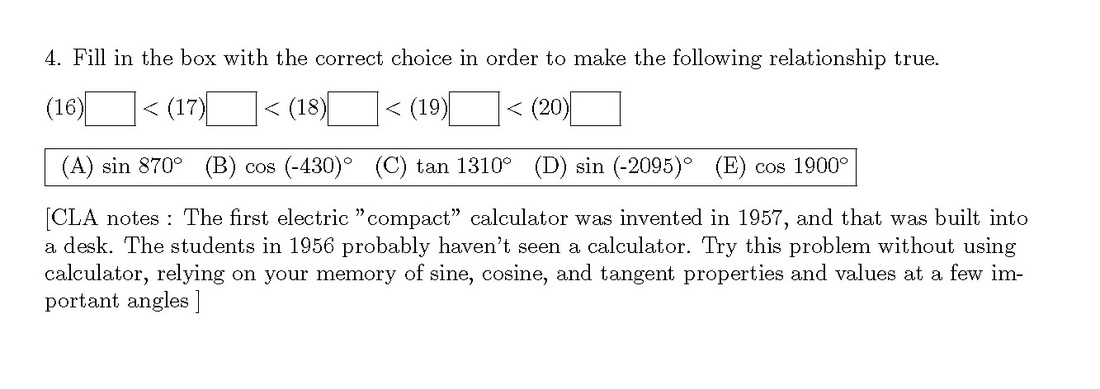

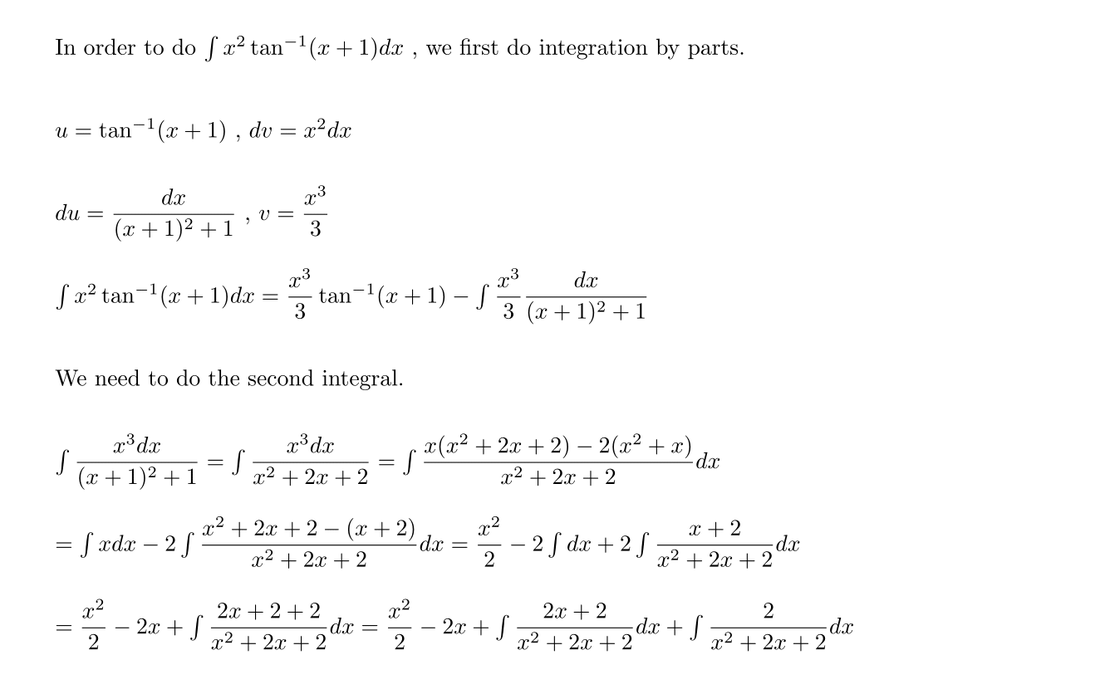
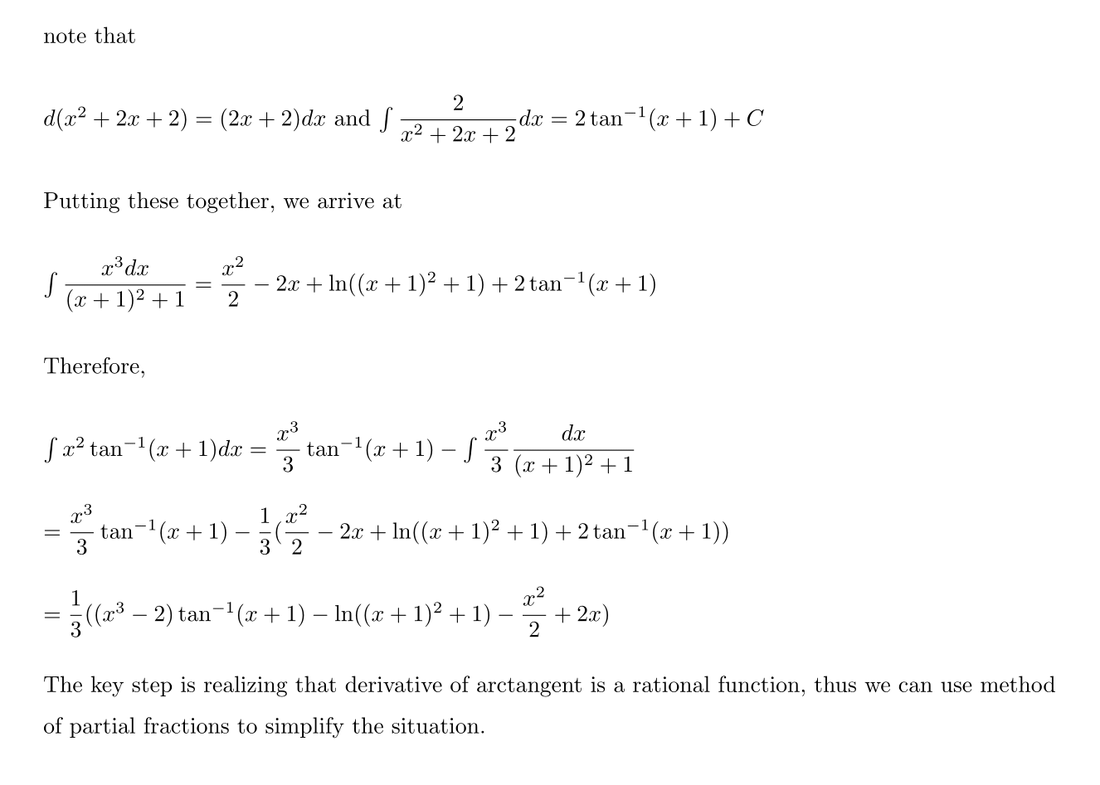

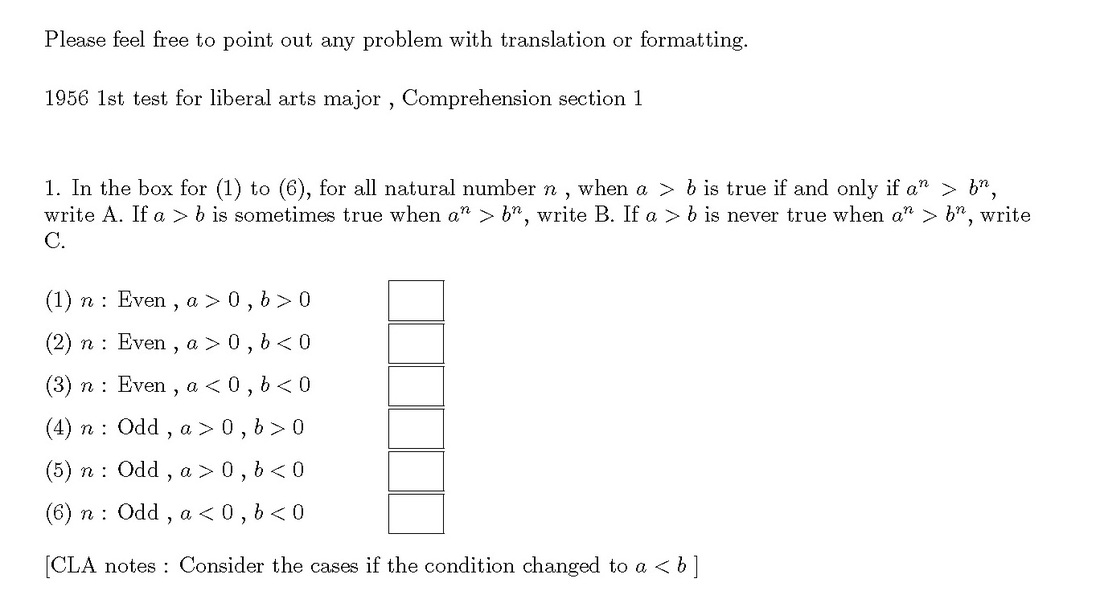
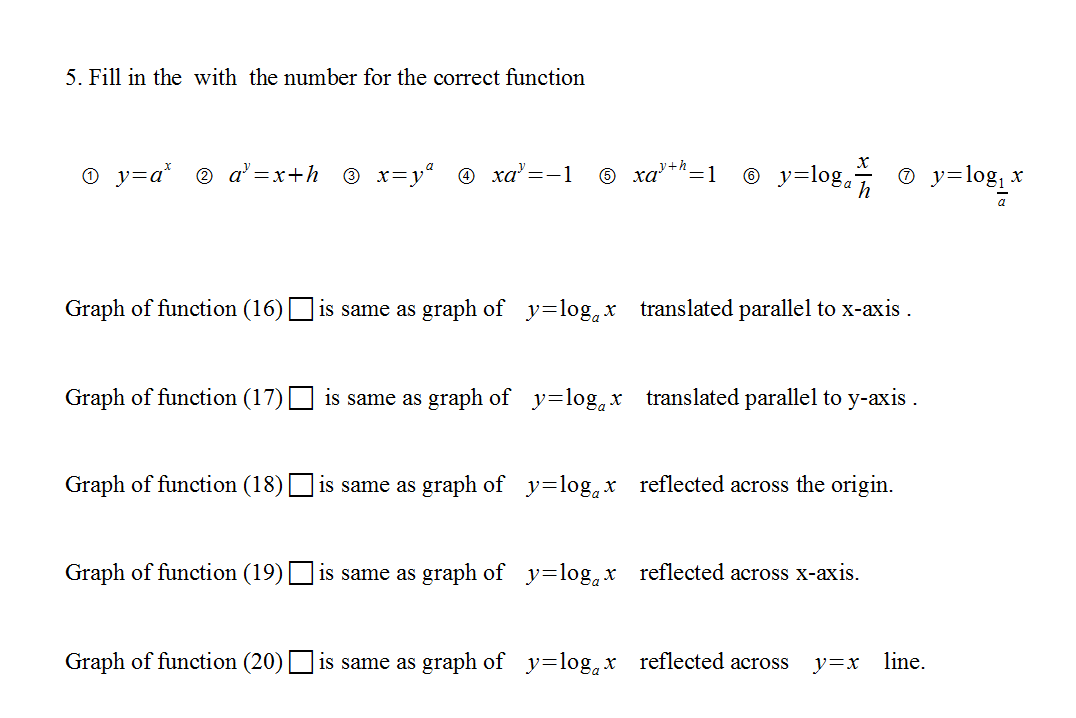
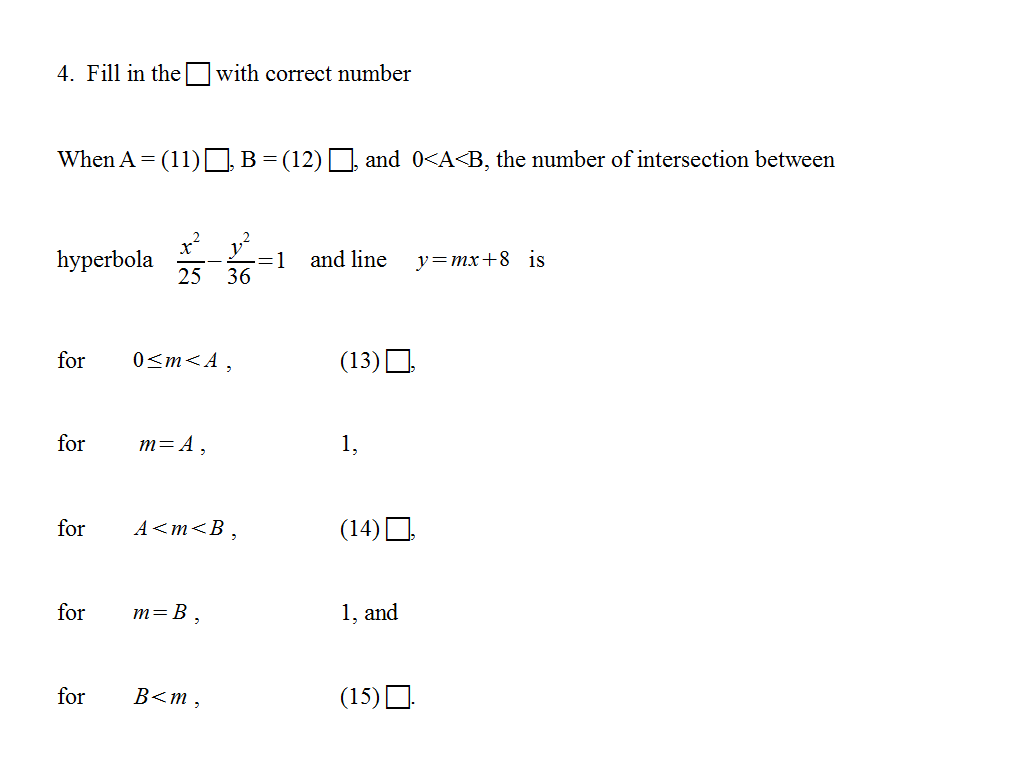
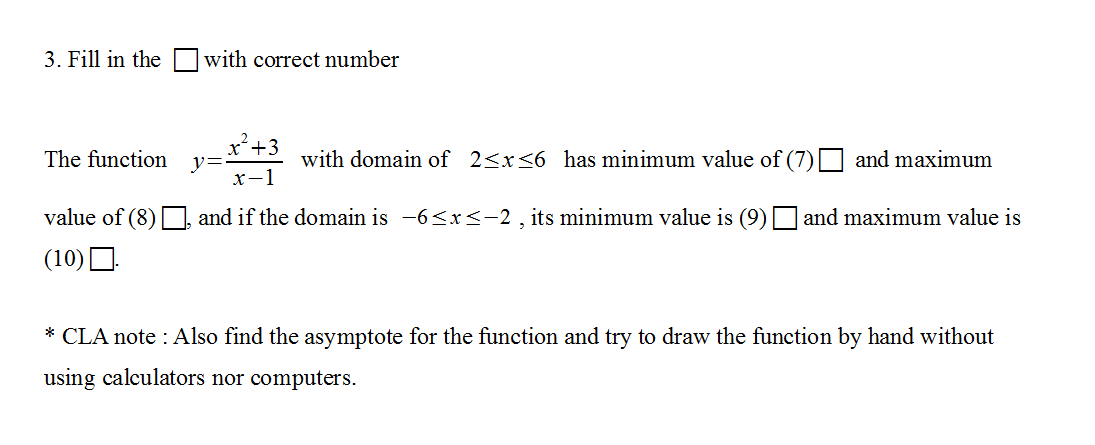
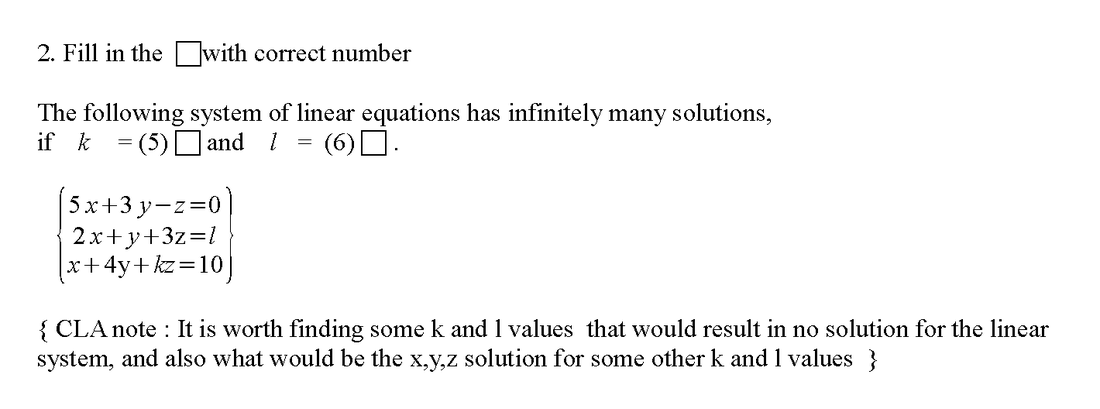
 RSS Feed
RSS Feed
